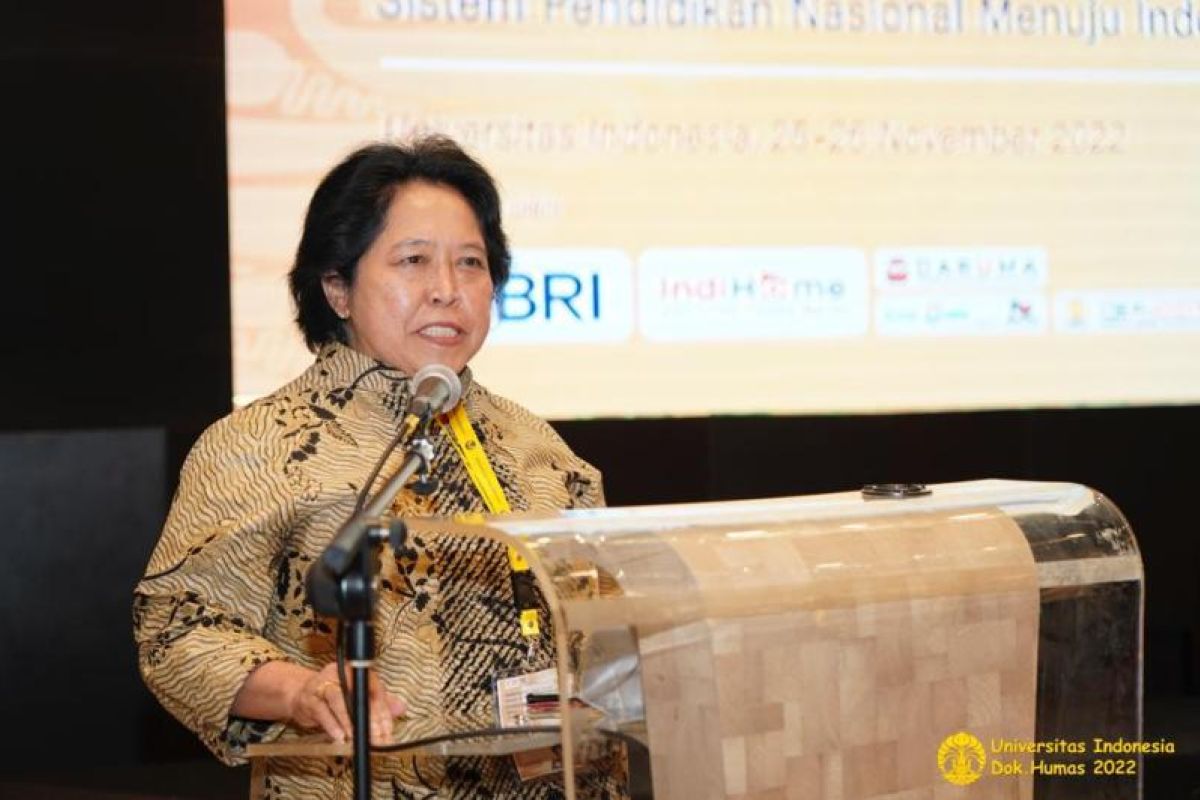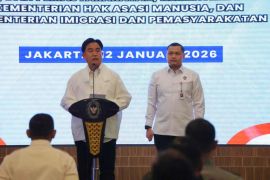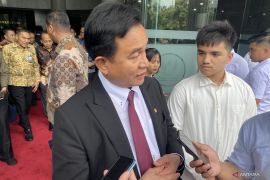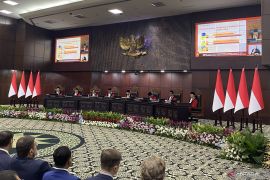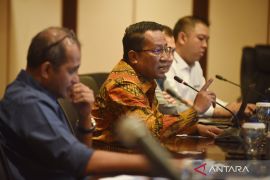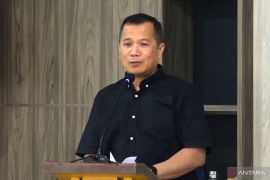The open and limited codification principle is demonstrated by Article 187 of the new Criminal Code dictating that Book I of the Criminal Code is also applicable to other criminal offences according to regulations outside the Criminal Code unless othDepok, West Java (ANTARA) - Criminal law professor of the University of Indonesia (UI), Professor Harkristuti Harkrisnowo, highlighted that there are five foundational missions behind the formulation and passing of the new Criminal Code.
Harkrisnowo, who was involved in the formulation of the new Criminal Code, stated that those missions are open and limited recodification, democratization, actualization, modernization, and harmonization.
"The open and limited codification principle is demonstrated by Article 187 of the new Criminal Code dictating that Book I of the Criminal Code is also applicable to other criminal offences according to regulations outside the Criminal Code unless otherwise indicated by Law," the professor said in a statement here, Monday.
Related news: Govt must ensure new Criminal Code does not hurt people: Legislator
The professor emphasized the need for the government to harmonize various laws that have different patterns of criminal offence formulation and types, as well as criminal sentences that complicate the discourse on Indonesia's criminal law.
Open recodification would allow the possible inclusion of other provisions to the Criminal Code, primarily on special chapters in the Criminal Code's Chapter XXXV, for which the principle will be valid only for five special crimes.
The five special crimes are major human rights violations, terrorism acts, corruption acts, money laundering acts, and drug-related acts, she expounded.
The special provision is determined from various criteria, including that the offence is considered inherently wrong (super mala per se) and strongly condemned by the people, the UI academic noted.
Related news: Some minor offences excluded from criminal code bill: Ministry
The decision to include terrorism crime in the new Criminal Code was based on the criteria, she remarked.
Harkrisnowo said that currently, the suspects of terrorism acts are prosecuted by Law No. 5 of 2018 on Eradication of Terrorism. She noted a distinction in the terrorism crimes defined by the new Criminal Code is that terrorism crimes and terrorism funding crimes are not separated.
"We have exerted much that we formulated in Law No. 5 of 2018, but we must admit the law is yet to be implemented properly," she affirmed.
Related news: UN letter on Criminal Code too late: deputy minister
Related news: Indonesian Criminal Code upholds human rights
Translator: Feru Lantara, Nabil Ihsan
Editor: Fardah Assegaf
Copyright © ANTARA 2022
